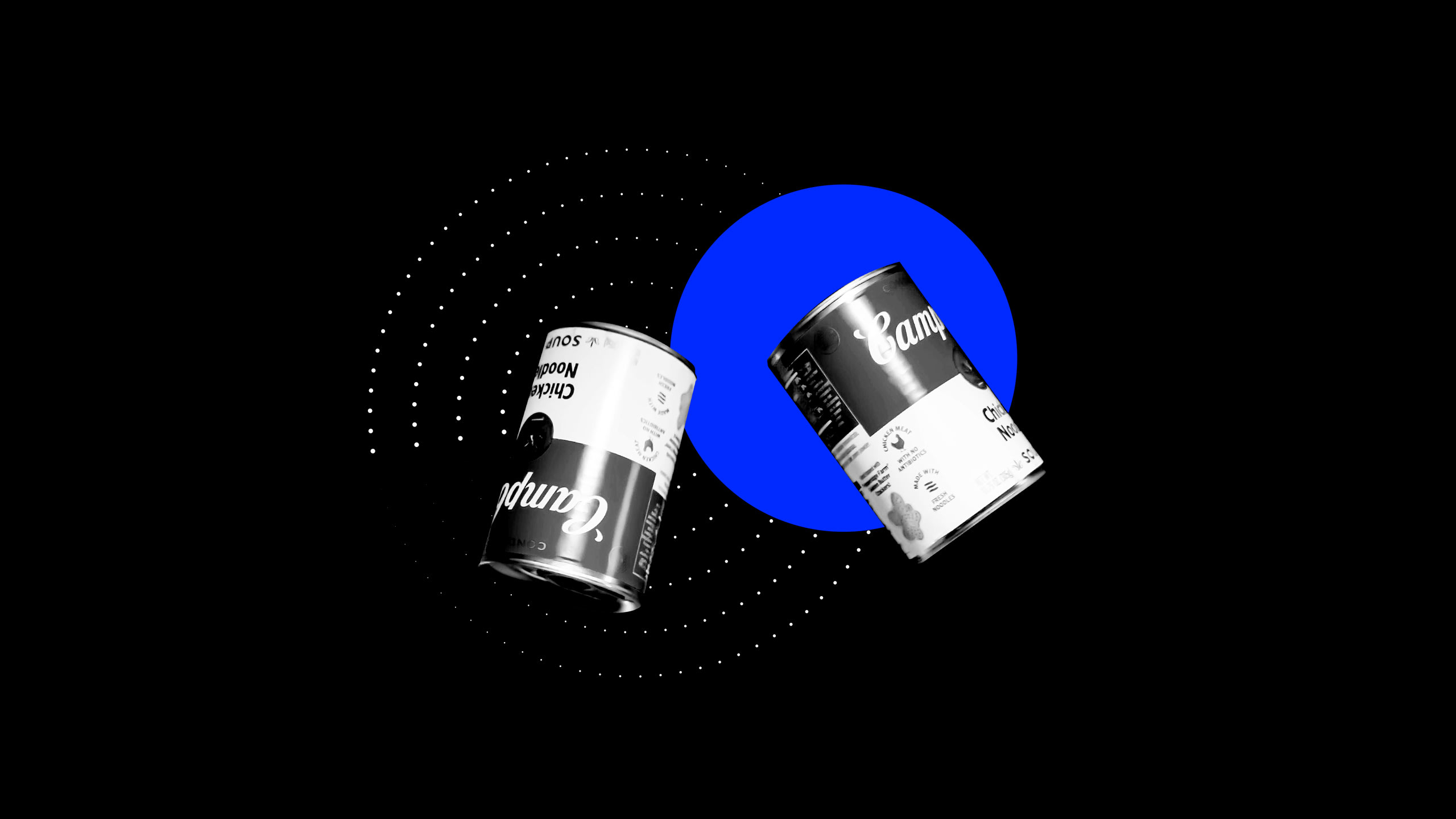
It’s Time for CPGs to Put Down the Pen and Paper With Quality Management
Quality Management is one of those processes that’s just always been manual. Whether that’s lab technicians working on formulations for a new food product with literal pen and paper, or quality assurance managers doing checks manually and inputting the results into Excel. But the digital transformation of the production process brings with it exciting possibilities to unlock a new level of performance in Quality Management. CPGs are going all-in on digital transformation. Like, “planning on spending $23.8 billion by 2030” all in.
If that number seems large to you, take a look at some of the major players already making significant strides in that direction – and talking about it openly. Here’s Nestlé: “To delight our consumers, our teams in operations must master every step of the production process, from sourcing of materials to manufacturing in our factories, to the supply of our products at the point of purchase. At the same time, we are increasing our ability to tailor our products to our customers' specific needs.
All of this is made easier by innovative digital solutions and capabilities. We call it connected operations and have deployed the core technology to more than 100 sites worldwide. All of our factories, not only the most advanced and modern, are benefitting from the changes.
It all starts with better connected workers, giving our people the tools and information to take the right decisions quickly and easily. AI and predictive analytics enable the delivery of consistently exceptional quality and zero breakdowns, while collaborative robotics support factory automation and end-of-line customization. That gives us a new level of flexibility to produce for different channels and routes to market.”
Now there’s obviously a lot going on in there including a whole host of topics that are fascinating but not what we’re here to talk about today (like smart factories). No, what we’re here to talk about is Quality Management.
Taking Quality Management digital
There are lots of solutions popping up these days that allow data input from quality assurance to be automatic rather than manual so you eliminate some of the risks of human error. They help you meet exacting quality and compliance standards, but actually speed you up, so help you remain agile enough to respond to consumer needs.
But the benefit doesn’t end there. By using a technology like process mining, you can connect the dots between all the different parts of your processes, identify exactly what led to a deficit in quality, and why it happened.
Imagine this: You’ve created a new, more sustainable formulation for one of your most popular products. Once it ships, a small number of units spoil earlier than they should. A couple of customers complain to the retailer, a couple talk about it on social media.
With process mining, you’re able to connect the dots between the units that have spoiled, the process that went into creating them, and the formulation that was used so you can identify which of the variables led to the diminished quality, and ensure it doesn’t happen again.
You can also map the processes that led to highest quality output and duplicate that process, so every section of your production process runs as well as the best part of your production process.
Making the transformation process smoother too
It's not just the post-digital transformation phase that process mining can help with. It can help you with the actual process of digital transformation itself.
Digital transformations are tough. They take a long time, cost a lot of money, and often end up inheriting the shortcomings of whatever processes were being used before the transformation. It’s no wonder you see Forbes saying that 84% of digital transformations fail.
But it doesn’t have to be this way. By using process mining to manage the process of the transformation, analyze how your processes are performing and how they could perform better post-transformation, and create closer collaboration between IT and the rest of the org, you’ll avoid so many of the pitfalls your peers fall into.
Want to see how we’re helping Reckitt with its digital transformation strategy? Check this out: [URL]



